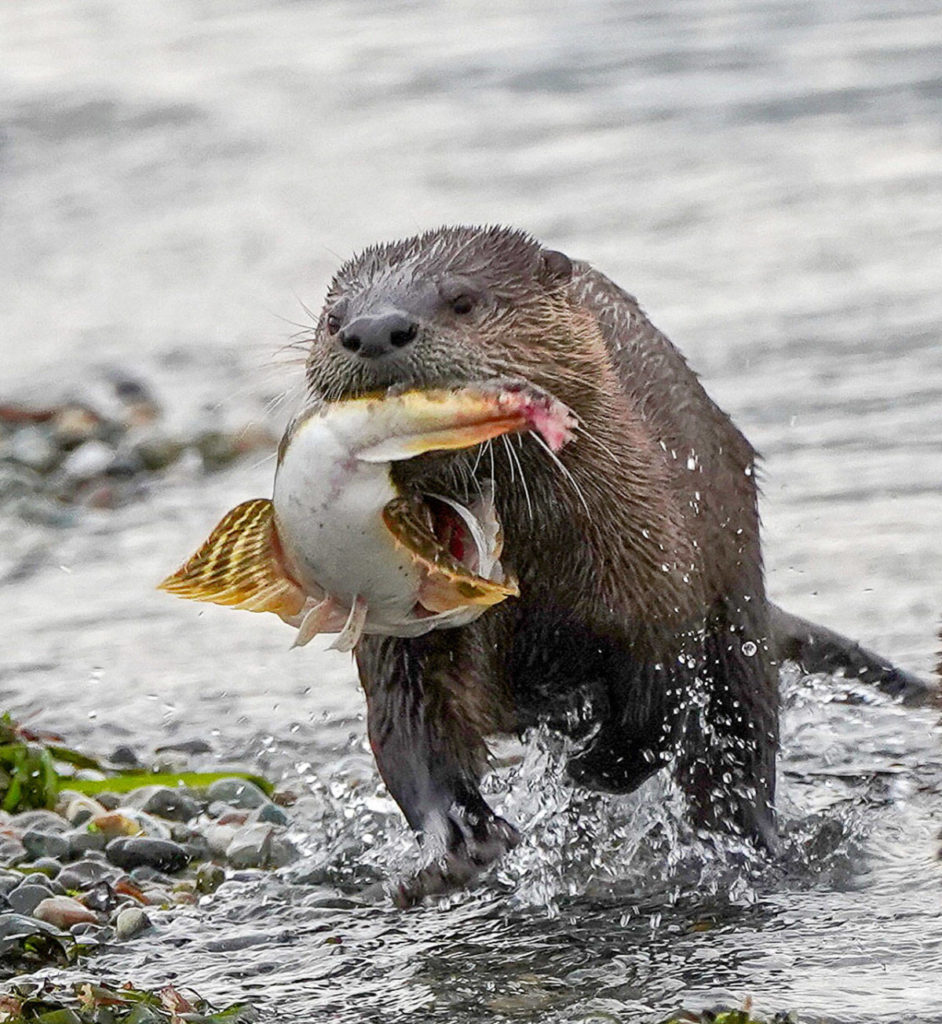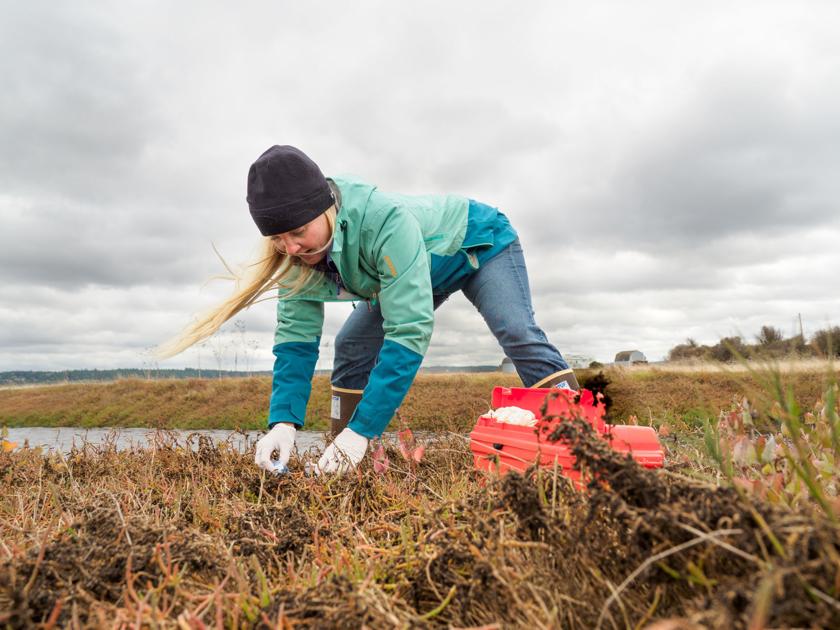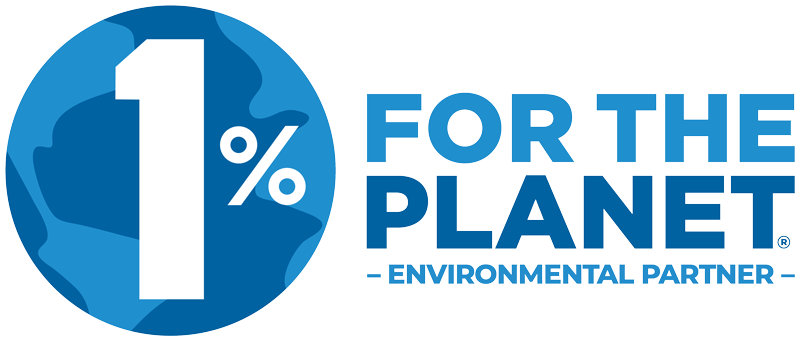Blue Banner
Everything You Wanted To Know About River Otters

Most often than not, people mistake thinking they’ve witnessed a ‘sea otter’ on the Oregon coast, when in fact it’s actually a North American river otter. This is why we found it very important to invite Dr. Heide Island to speak about these unique creatures that she’s spent multiple years researching in the PNW. She will touch upon how rescued, captive river otters are informing the ecological and physiological wellness of native otter populations in the Pacific Northwest.
This webinar will take place for free on Monday July 26th, at 6:00pm PDT. Register below for the Zoom link.
Heide D Island received her doctorate in Experimental Psychology with specializations in Comparative Animal Behavior and Behavioral Neuroscience at The University of Montana in 2003. Island came to academics after working in the Alaskan commercial fishing industry alongside her father and as a research naturalist for Pacific Whale Foundation in Hawai’i. Given a background in marine science, ethology, and behavioral neuroscience, she has cultivated broad research interests which include: 1.) Behavioral ecology, especially related to optimal foraging and choice theory; 2.) Animal welfare, principally as it pertains to animal rehabilitation, conservation, and captivity wellness; and 3.) Comparative psychology of anxiety, depression, and boredom as its expressed among human and nonhuman animals.

Dr. Island is a Professor of Comparative Animal Behavior and Neuroscience at Pacific University in Oregon and a Senior Research Associate for the Oregon Zoo. She is the Principal
Investigator in a 4-year longitudinal study of Whidbey Island’s North American river otters. Her interests concern the welfare of captive and wild otter populations found in the Pacific Northwest (North American River Otter and Sea Otters). Among rescued and captive populations, Dr. Island is interested in the development of social learning, outlets for natural foraging, and psychological welfare. Among wild otters, her work focuses specifically on Island County marine-foraging river otters, their distribution, diet, foraging patch variability between fresh (e.g., Lake Pondilla, Admirals Lake, Lake Crockett, etc.) and saltwater (e.g., Admiralty Bay, Bush Point, Bell’s Beach, etc.), photoidentification of individual animals, and their genetic pedigrees, as well as their load of persistent organopollutants, collected through non-invasive and salvage sampling. The latter is particularly relevant for understanding the health of the local ecology.

